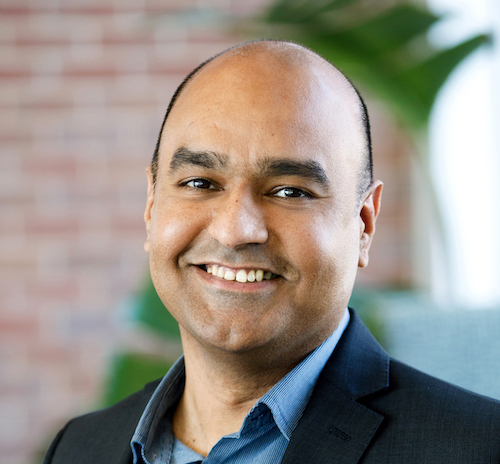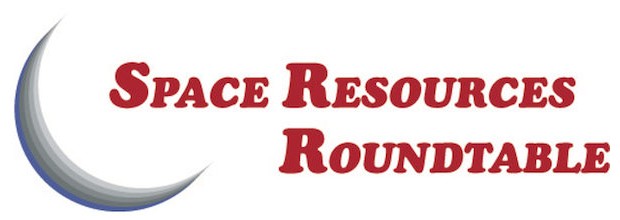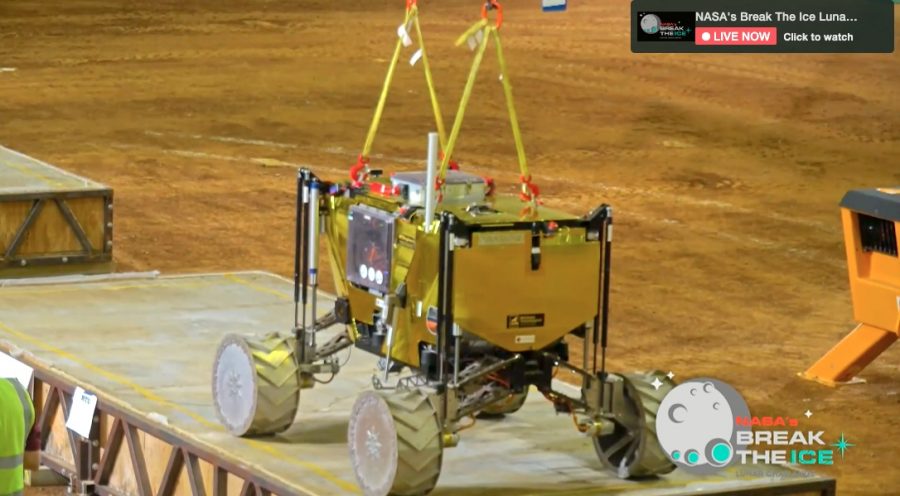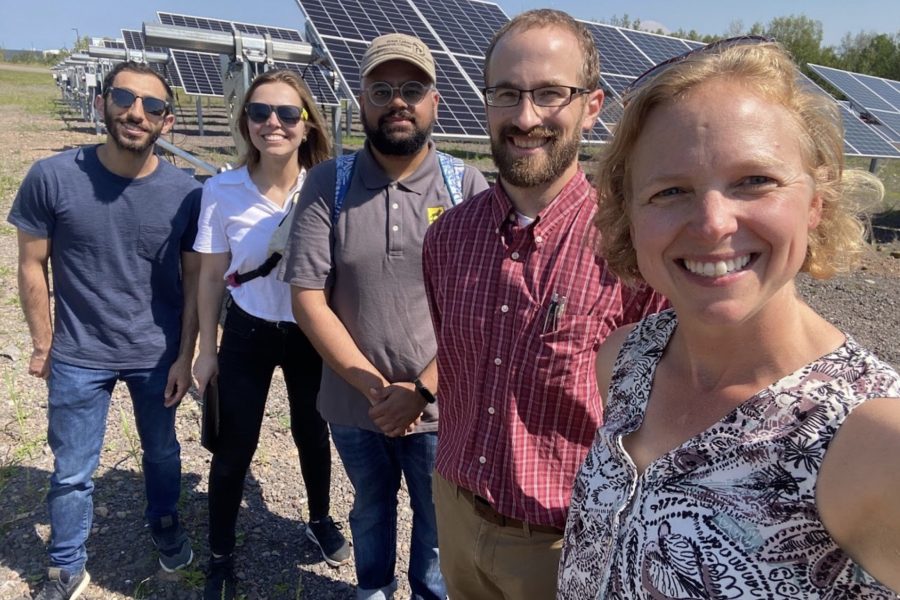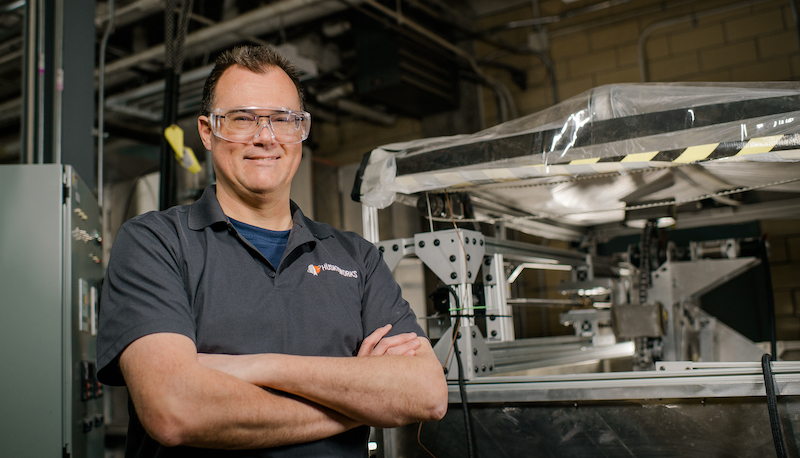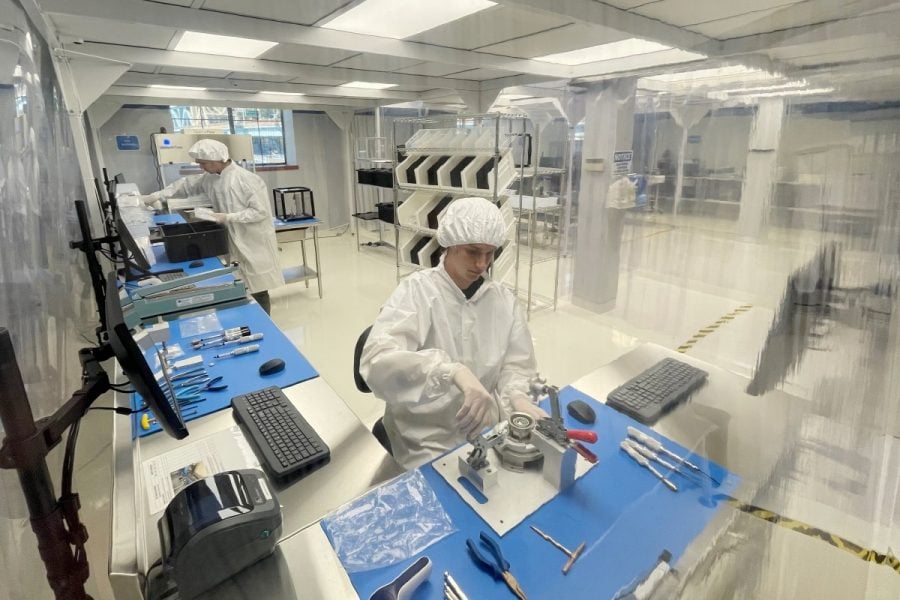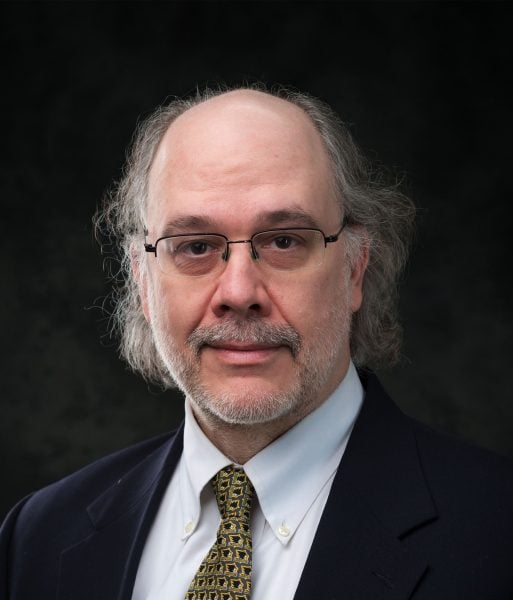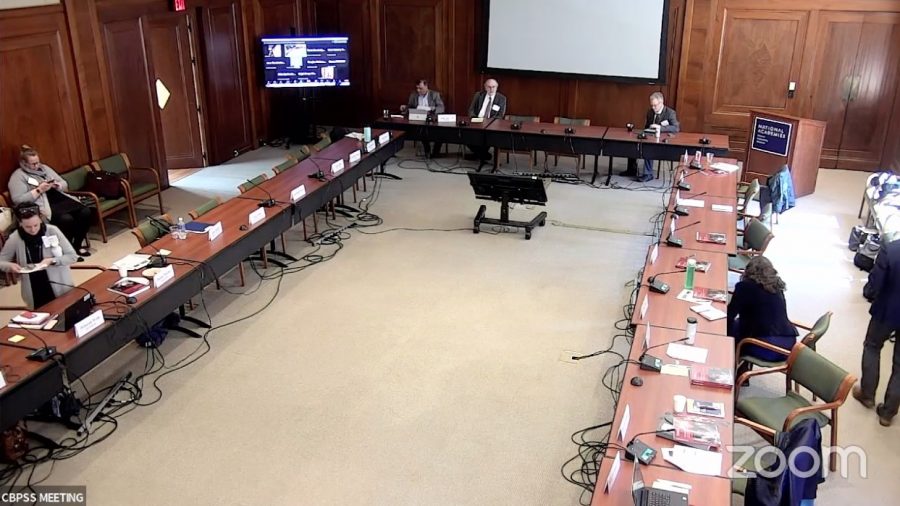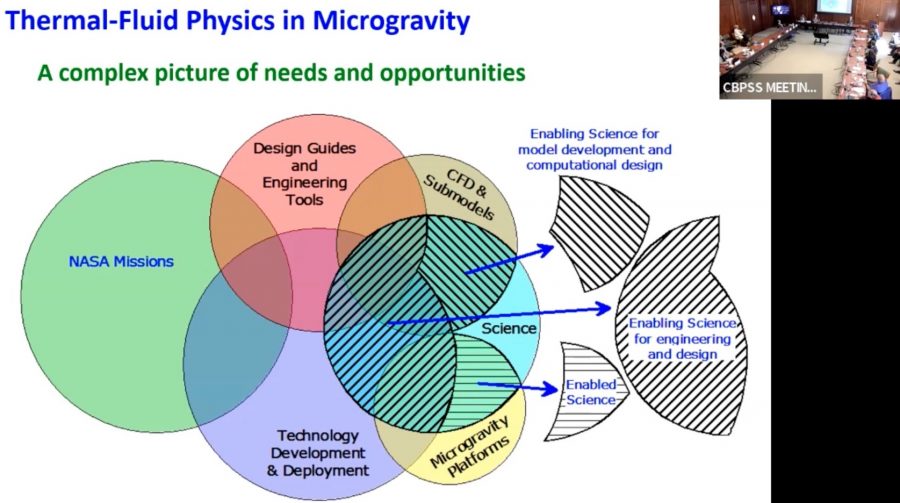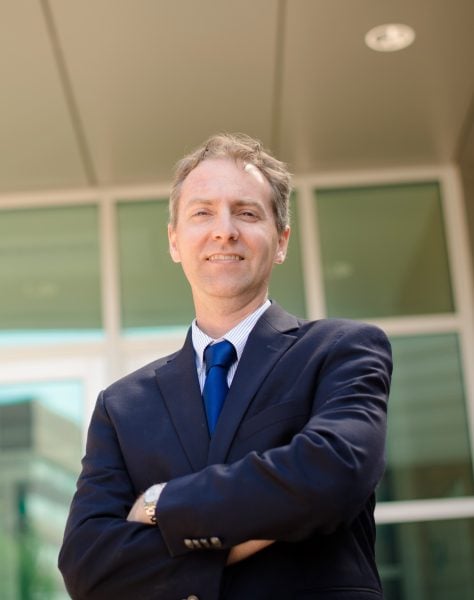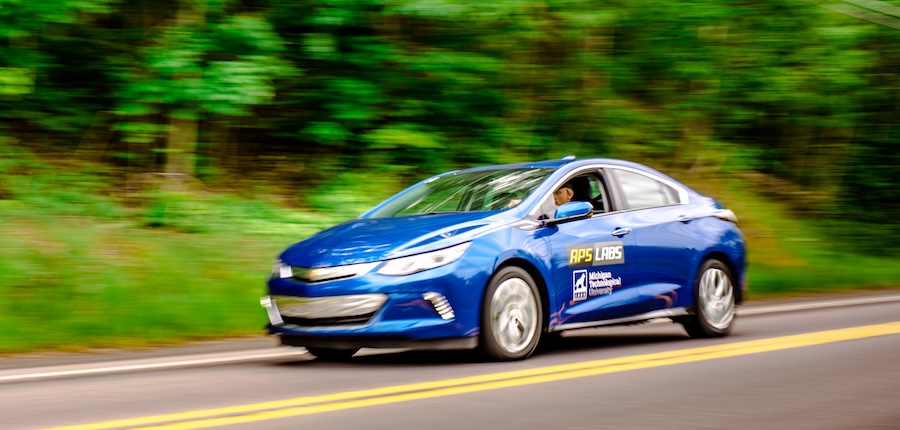Associate Professor Bhisham Sharma hosted a plenary session on “Enabling Multifunctionality Acoustical Materials Through Additive Manufacturing” at Noise-Con 2024 in New Orleans, Louisiana. The session involved a summary of current additive methods and exploring the development of novel structures for multifunctional acoustical applications.
Sharma’s research involves acoustic and elastic metamaterials, advanced and additive manufacturing, vibration and modal analysis, and other interests related to making engineering structures safer, quieter, and more efficient.
Noise-Con is specifically focused on all aspects of noise control and acoustics. The theme of Noise-Con 2024 was “Trumpeting Noise Control.” It took place on June 10–12.
